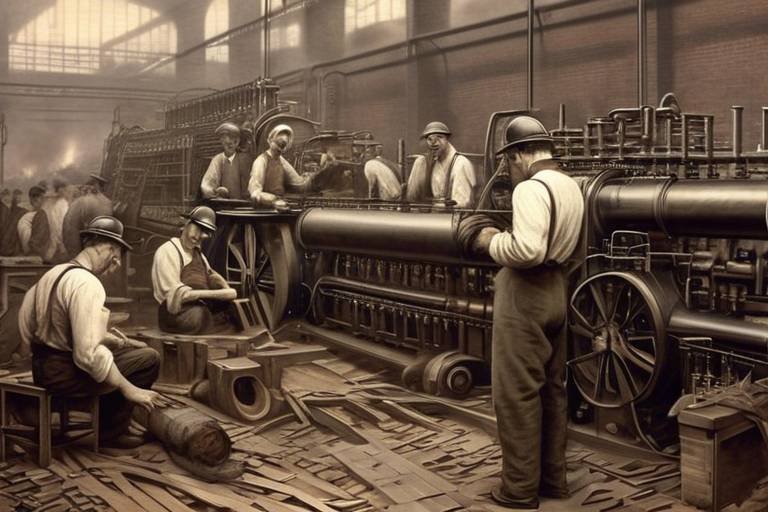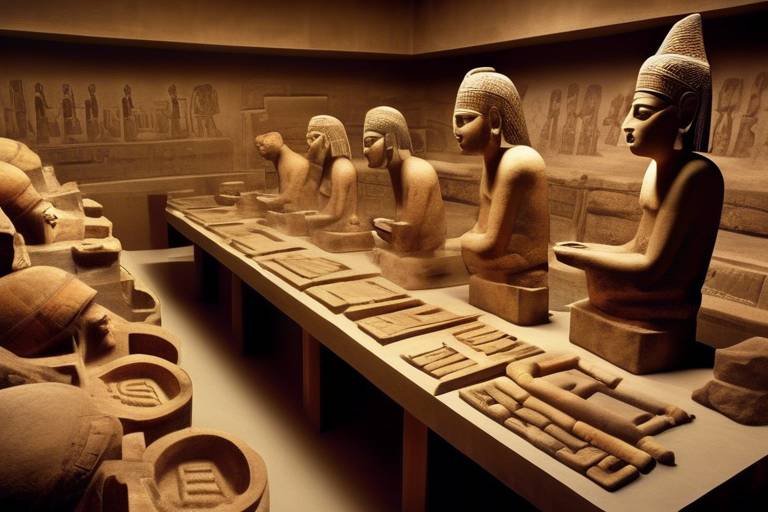The Role of Cultural Heritage in Global Cooperation
Cultural heritage holds a significant role in fostering global cooperation among nations, transcending boundaries and uniting diverse societies under a common thread of shared history and traditions. It serves as a powerful medium through which countries can engage in meaningful exchanges, promoting mutual understanding, respect, and collaboration on an international scale.
By preserving the unique identities of societies worldwide, cultural heritage instills a sense of belonging and pride among communities, reinforcing the importance of cultural diversity and heritage conservation. This preservation not only safeguards the rich tapestry of human history but also acts as a bridge connecting different civilizations, fostering a global community built on appreciation and acceptance.
Furthermore, cultural heritage acts as a diplomatic tool, facilitating dialogue and cooperation between nations. Through cultural exchanges and joint initiatives focused on heritage preservation, countries can strengthen their diplomatic relations, paving the way for peaceful resolutions to conflicts and enhancing global stability.
The promotion of cultural heritage also plays a vital role in supporting sustainable development goals. By leveraging cultural assets to drive economic growth, create employment opportunities, and attract tourism revenue, nations can harness the power of heritage to bolster their economies and improve the livelihoods of local communities.
Empowering local communities lies at the heart of cultural heritage preservation, as it safeguards traditional knowledge, skills, and practices that form the foundation of many societies. By preserving these cultural legacies, communities can enhance their socio-economic well-being and resilience, ensuring the continuity of their heritage for future generations.
Moreover, cultural heritage can offer innovative solutions to pressing global challenges by promoting intercultural dialogue, tolerance, and cooperation. In a world facing complex issues such as climate change and conflict, the shared values embedded in cultural heritage can inspire collaborative efforts towards sustainable solutions and a more harmonious future.
Education and awareness initiatives centered around cultural heritage play a crucial role in shaping global citizenship and responsibility. By integrating cultural heritage into educational programs, societies can cultivate a sense of respect for diverse cultures, nurturing a generation of individuals who value and safeguard the world's cultural treasures.
As governments and organizations increasingly recognize the power of cultural diplomacy, initiatives leveraging cultural heritage are being implemented to promote peace, understanding, and cooperation on a global scale. By harnessing the universal language of culture, nations can bridge divides, build bridges of understanding, and forge lasting partnerships based on shared heritage and values.
Advancements in digital technology have revolutionized the preservation and promotion of cultural heritage, offering new avenues for collaboration and access to diverse cultural resources. Through digital innovation, heritage sites can be digitally preserved and shared with a global audience, fostering a deeper appreciation for cultural diversity and heritage conservation.

Preservation of Cultural Identity
Cultural heritage plays a vital role in preserving the unique identities of societies worldwide, fostering a sense of belonging and pride among communities. It serves as a time capsule, capturing the essence of a society's history, traditions, and values. Imagine cultural heritage as a mirror reflecting the soul of a community, allowing individuals to connect with their roots and understand where they come from. This preservation is crucial in maintaining diversity and preventing the homogenization of cultures in today's globalized world.

Promotion of Cultural Exchange
When it comes to the intricate tapestry of global cooperation, cultural heritage stands as a cornerstone that weaves together the diverse threads of societies worldwide. It serves as a bridge connecting nations, fostering bonds that transcend borders and languages. In this article, we delve into the multifaceted role of cultural heritage in promoting unity, understanding, and collaboration on a global scale.
Embarking on a journey of cultural exchange opens doors to a world of discovery and enlightenment. Through the lens of cultural heritage, nations engage in a vibrant dialogue that transcends mere words. It is a dance of traditions, a symphony of customs, and an art gallery of shared experiences.
Imagine a bustling marketplace where spices from distant lands mingle, where melodies of different origins harmonize, and where stories of ancient civilizations are whispered in every corner. This is the essence of cultural exchange – a vibrant mosaic of human expression that enriches the tapestry of global society.
Through cultural exchange, nations not only share their artistic treasures but also their values, beliefs, and aspirations. It is a journey of mutual understanding, where differences are celebrated, and commonalities are embraced. In this intricate dance of cultural diplomacy, respect blossoms, stereotypes crumble, and friendships are forged that withstand the test of time.
Moreover, cultural exchange goes beyond mere aesthetics; it is a profound exploration of the human experience. It is an invitation to step into the shoes of another, to see the world through their eyes, and to appreciate the beauty of diversity. In this kaleidoscope of cultures, prejudices fade, empathy flourishes, and a sense of global kinship emerges.

Enhancing Diplomatic Relations
Cultural heritage serves as a powerful tool in enhancing diplomatic relations between nations. By showcasing the rich tapestry of traditions, values, and histories that define a society, countries can forge deeper connections and understanding with one another. Through cultural exchange programs, diplomatic visits, and joint initiatives to preserve and promote heritage sites, nations can build bridges of cooperation and trust.
Imagine cultural heritage as a universal language that transcends borders, allowing diplomats and leaders to communicate on a deeper level beyond politics and economics. Just as a masterpiece painting can evoke emotions and spark conversations, cultural heritage can bridge gaps and foster mutual respect among nations with diverse backgrounds and ideologies.
Furthermore, cultural diplomacy initiatives, such as art exhibitions, music festivals, and heritage tours, create opportunities for nations to engage in dialogue and collaboration outside traditional diplomatic channels. These initiatives not only showcase the unique cultural expressions of a country but also highlight the shared humanity and interconnectedness of global communities.
By recognizing and celebrating the cultural heritage of different nations, diplomatic relations can be strengthened through a shared appreciation for diversity and a commitment to preserving the treasures of humanity for future generations. In a world often marked by political tensions and conflicts, cultural heritage offers a common ground for building lasting relationships based on mutual respect, understanding, and cooperation.

Supporting Sustainable Development
Cultural heritage plays a significant role in supporting sustainable development by intertwining the past with the present to shape a prosperous future. When communities preserve and promote their cultural heritage, they not only conserve their traditions and history but also stimulate economic growth and sustainable practices.
By showcasing cultural landmarks, traditions, and artifacts, nations can attract tourists, generating revenue that can be reinvested in local infrastructure and community development projects. This influx of tourism creates job opportunities, boosts local businesses, and enhances the overall socio-economic well-being of the community.
Moreover, the preservation of cultural heritage encourages sustainable practices by promoting the use of traditional knowledge and skills in modern contexts. Communities can learn from their ancestors' sustainable ways of living, incorporating them into contemporary practices to ensure a harmonious relationship with the environment and natural resources.
Additionally, cultural heritage sites often serve as hubs for education and research, fostering innovation and creativity within communities. These sites become centers for learning, where individuals can explore their roots, understand their cultural significance, and develop a sense of pride and responsibility towards preserving their heritage for future generations.
Furthermore, the promotion of sustainable development through cultural heritage can lead to increased global awareness and cooperation in addressing environmental challenges. By highlighting the interconnectedness of cultures and the environment, communities can collaborate on solutions to combat issues such as climate change, biodiversity loss, and resource depletion.
In essence, supporting sustainable development through the preservation and promotion of cultural heritage not only safeguards the past but also paves the way for a more sustainable and prosperous future for generations to come.
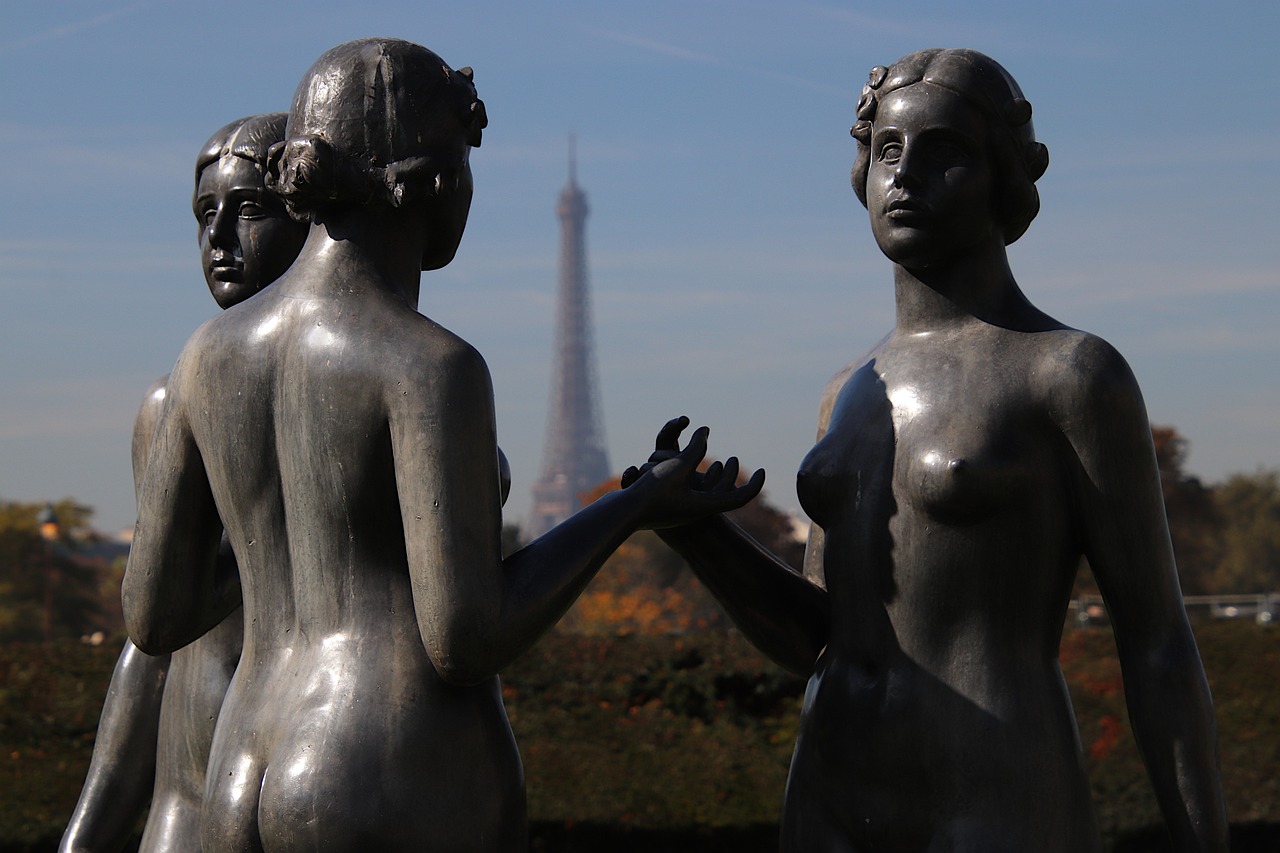
Empowering Local Communities
Cultural heritage plays a significant role in empowering local communities by preserving and promoting their traditional knowledge, skills, and practices. Through the preservation of cultural heritage, communities can maintain their unique identities and strengthen their socio-economic well-being. This empowerment not only enhances the resilience of local communities but also fosters a sense of pride and connection to their heritage.
By engaging in cultural heritage activities, local communities can create opportunities for economic growth and development. For example, traditional crafts and practices can be revitalized and marketed, generating income for community members. This economic empowerment contributes to poverty alleviation and overall community prosperity.
Furthermore, the preservation of cultural heritage allows communities to pass down valuable knowledge and skills to future generations. This intergenerational transfer of traditions ensures the continuity of cultural practices and strengthens social cohesion within the community. It also enables younger members to connect with their roots and appreciate the richness of their cultural heritage.
Empowering local communities through cultural heritage not only benefits the communities themselves but also contributes to the overall diversity and vibrancy of global cultural heritage. By supporting and valuing the cultural practices of local communities, we enrich the tapestry of human heritage and promote a more inclusive and interconnected world.
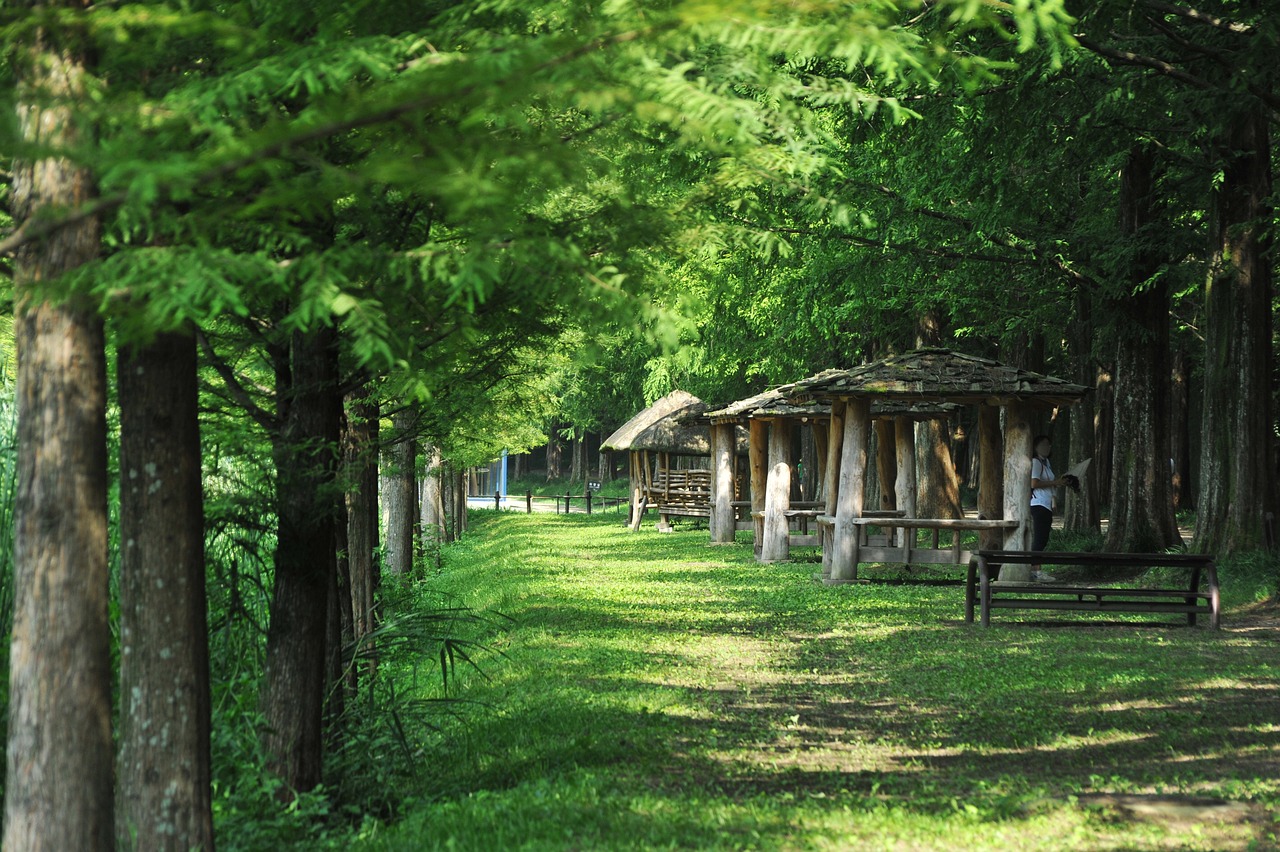
Addressing Global Challenges
Cultural heritage holds significant potential in addressing global challenges that transcend borders and impact societies worldwide. By promoting intercultural dialogue and fostering a sense of cooperation, cultural heritage can play a pivotal role in tackling pressing issues such as climate change, conflict resolution, and social inequality.
Imagine cultural heritage as a bridge connecting diverse communities, enabling them to share experiences, knowledge, and solutions to common challenges. Just as different pieces of a puzzle come together to form a complete picture, cultural heritage pieces together the fabric of global cooperation, offering a platform for mutual understanding and collaboration.
Through the lens of cultural heritage, societies can learn from each other's traditions, values, and practices, gaining insights that can inspire innovative approaches to complex problems. By embracing diversity and promoting inclusivity, cultural heritage fosters a sense of unity that transcends boundaries, paving the way for joint efforts in addressing shared global challenges.
Moreover, cultural heritage serves as a catalyst for empathy and compassion, encouraging individuals and communities to look beyond their differences and work towards common goals. Just as a mosaic comprises unique pieces that together form a beautiful artwork, cultural heritage unites the world's cultural richness to create a harmonious tapestry of global cooperation.
By recognizing the inherent value of cultural heritage in promoting peace, understanding, and unity, societies can harness its transformative power to navigate the complexities of the modern world. Embracing cultural heritage as a tool for addressing global challenges not only enriches our collective experiences but also strengthens our resolve to build a more sustainable and inclusive future for all.

Education and Awareness
Cultural heritage serves as a powerful educational tool, offering insights into the rich history and traditions of diverse societies. Through educational programs and initiatives, individuals can gain a deeper understanding of their own cultural heritage and appreciate the value of preserving it for future generations. By engaging with cultural artifacts, stories, and practices, students can develop a sense of respect for cultural diversity and empathy towards others.
Furthermore, awareness about the importance of cultural heritage can be raised through interactive exhibitions, workshops, and storytelling sessions. These activities not only educate the public about the significance of preserving cultural identity but also inspire individuals to become advocates for cultural heritage conservation. By instilling a sense of pride and responsibility in communities, education and awareness initiatives play a crucial role in safeguarding cultural heritage for posterity.
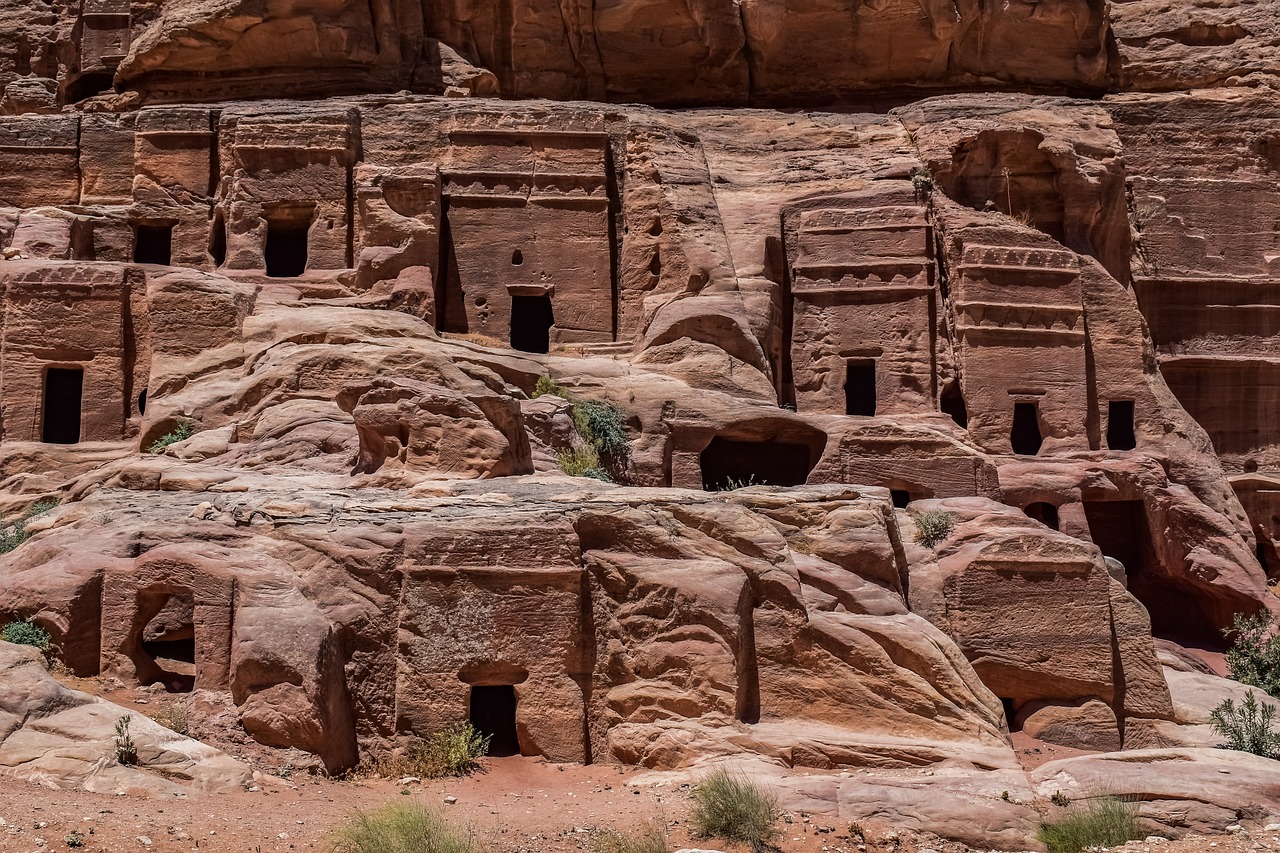
Cultural Diplomacy Initiatives
Cultural diplomacy initiatives are strategic efforts by governments and organizations to utilize cultural heritage as a powerful tool for promoting peace, understanding, and cooperation on an international scale. These initiatives aim to bridge cultural divides, foster dialogue, and build relationships based on mutual respect and appreciation for diverse traditions and values.
Through cultural diplomacy, countries can showcase their unique cultural assets, such as art, music, literature, and traditions, to enhance their soft power and influence on the global stage. By engaging in cultural exchanges, joint artistic collaborations, and cultural events, nations can build trust, break down stereotypes, and promote a shared sense of humanity beyond political differences.
One of the key aspects of cultural diplomacy initiatives is the promotion of cultural diversity and inclusivity. By celebrating the richness of different cultures and promoting intercultural dialogue, these initiatives work towards creating a more harmonious and interconnected world where cultural differences are seen as a source of strength rather than division.
Furthermore, cultural diplomacy initiatives play a crucial role in fostering understanding and cooperation in regions affected by conflict or tension. By emphasizing shared cultural heritage and promoting cultural dialogue, these initiatives can help build bridges between communities, promote reconciliation, and pave the way for peaceful resolutions to long-standing disputes.
In today's interconnected world, cultural diplomacy initiatives have become increasingly important in building bridges between nations and promoting a sense of global citizenship. By recognizing the power of culture as a unifying force, countries can work together to address common challenges and create a more peaceful and prosperous world for future generations.

Digital Innovation and Cultural Heritage
In the realm of cultural heritage, digital innovation has emerged as a powerful force, revolutionizing the preservation and promotion of diverse cultural assets worldwide. The fusion of technology and cultural heritage has opened up new avenues for collaboration, accessibility, and engagement, transcending geographical boundaries and time constraints.
Through digital platforms and tools, cultural institutions can digitize artifacts, manuscripts, artworks, and historical sites, making them accessible to a global audience. Virtual tours, online exhibitions, and interactive experiences allow individuals to explore cultural heritage from the comfort of their homes, breaking down barriers to access and fostering a deeper appreciation for diverse traditions and histories.
Moreover, digital innovation enables the creation of immersive experiences that bring cultural heritage to life, offering interactive storytelling, augmented reality applications, and virtual reality simulations. These technologies not only engage audiences in new and captivating ways but also spark curiosity, creativity, and a sense of connection to cultural narratives and legacies.
Collaboration between cultural heritage institutions, tech companies, and creative professionals has led to the development of innovative projects that blend tradition with modernity. From digital archives and preservation initiatives to educational platforms and cultural mapping tools, digital innovation is reshaping the way we interact with and safeguard our shared cultural heritage for future generations.
Furthermore, digital technologies have democratized access to cultural resources, empowering communities to participate in the preservation and promotion of their heritage. Crowdsourcing initiatives, online forums, and social media campaigns allow individuals to contribute their knowledge, stories, and memories, enriching the collective tapestry of cultural diversity and inclusivity.
In essence, digital innovation and cultural heritage are intertwined in a dynamic relationship that propels us towards a future where the past is not only preserved but also reimagined, revitalized, and shared in ways that inspire, educate, and unite us across borders and generations.
Frequently Asked Questions
- What is the significance of cultural heritage in global cooperation?
Cultural heritage plays a crucial role in fostering mutual understanding, respect, and cooperation among nations worldwide. It serves as a bridge that connects diverse societies, promoting dialogue and collaboration on a global scale.
- How does cultural heritage contribute to sustainable development?
The preservation and promotion of cultural heritage contribute to sustainable development by creating economic opportunities, generating revenue through tourism, and preserving traditional knowledge that can benefit local communities and economies.
- What role does digital innovation play in the preservation of cultural heritage?
Advancements in digital technology offer new opportunities for the preservation and promotion of cultural heritage globally. Digital platforms enable wider access to cultural resources, facilitate collaboration, and help in safeguarding heritage for future generations.
- How can cultural heritage address global challenges?
Cultural heritage can offer solutions to global challenges by promoting intercultural dialogue, fostering tolerance, and encouraging cooperation in addressing shared issues such as climate change, conflict resolution, and social inequalities.
- Why is cultural diplomacy important in international relations?
Cultural diplomacy plays a vital role in promoting peace, understanding, and cooperation on an international scale. By leveraging cultural heritage as a tool for diplomacy, governments and organizations can build stronger relationships and bridge cultural differences.


